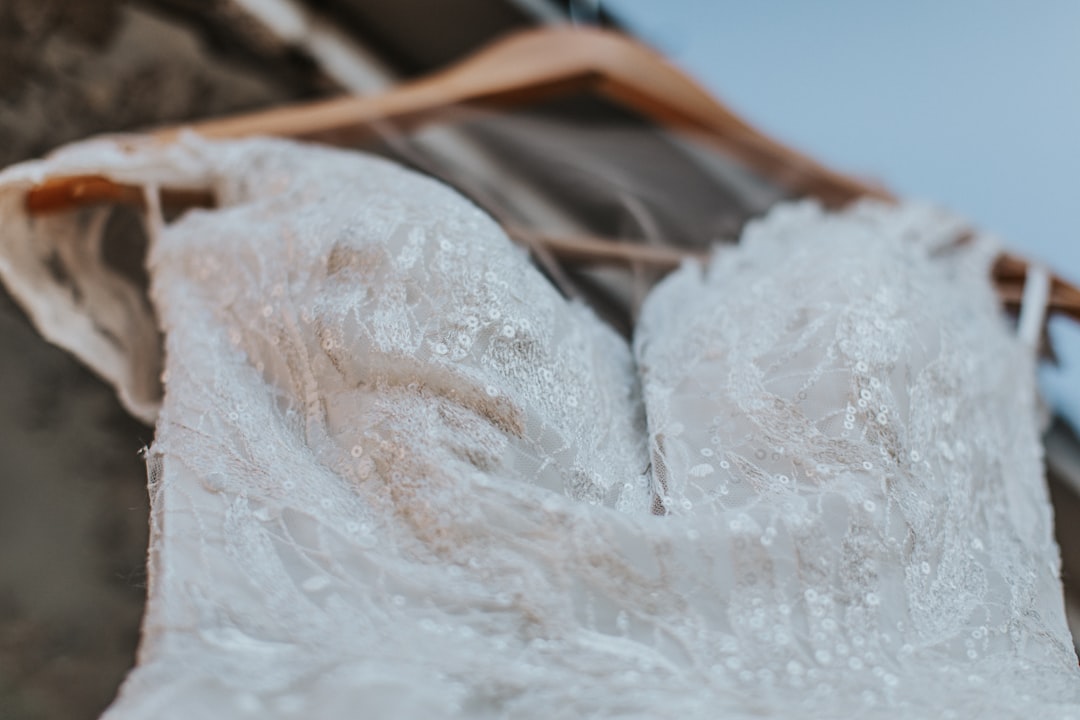
For construction professionals in Memphis, selecting the right foam insulation is crucial for optimizing energy efficiency and comfort in the Mid-South climate. With CountBricks, you can leverage AI-driven estimating and real-time material pricing to make informed decisions. This guide explores top foam insulation options, their performance in humid subtropical weather, and how CountBricks streamlines the process from takeoff to invoice.
Memphis experiences extreme weather conditions, making insulation a critical component in construction. Foam insulation excels at:
CountBricks integrates these metrics into our AI estimate generator, providing precise payback timelines.
1. R-Value Per Inch: Closed-cell averages R-6.5, while open-cell is around R-3.7.
2. Vapor Barrier: Closed-cell acts as a vapor retarder, ideal for crawl spaces. Open-cell allows moisture to escape.
3. Expansion Rate: Open-cell expands 100×, filling cavities with less material. Closed-cell is denser, expanding 30×.
4. Cost Profile: Open-cell is typically 15-25% less expensive per board foot. CountBricks' AI reflects live supplier pricing.
For historic homes, CountBricks often recommends hybrid assemblies:
Our blueprint takeoff tool highlights where each approach delivers maximum ROI.
1. Real-Time Voice Walkthrough: Field pros speak measurements into a device; CountBricks captures dimensions instantly.
2. AI Blueprint Takeoff: Upload PDFs and let our engine trace every stud bay and roof pitch.
3. Live Material Feed: Prices pull from regional distributors hourly.
4. Labor Allocation: Standard Memphis crew rates auto-populate.
5. Signature-Ready Proposal: Branded PDFs with line-item detail are generated.
CountBricks specs include these requirements automatically.
A 2,200 sq ft ranch reduced summer power bills from $380 to $210 after a hybrid insulation installation. CountBricks' estimate was delivered in under 12 minutes, showing a 48% leakage reduction.
CountBricks updates these numbers daily for accurate pricing.
Q: Will foam trap moisture in older brick walls?
A: Open-cell is recommended for solid masonry to allow drying. We model dew-point migration in our estimates.
Q: Can I DIY spray foam?
A: Professional equipment ensures consistent density and coverage. CountBricks certified installers guarantee proper application.
Q: Is foam safe around electrical wiring?
A: Yes, if wiring is rated 90 °C or higher. CountBricks electricians verify compliance.
Ready to explore foam insulation options? Visit CountBricks.com for a free AI estimate and experience faster takeoffs and transparent pricing.

Experienced contractors understand that performance goes beyond R-value. CountBricks uses AI analytics to optimize foam specifications for Memphis' climate.
A custom builder used CountBricks to optimize insulation for a new build, achieving significant energy savings.